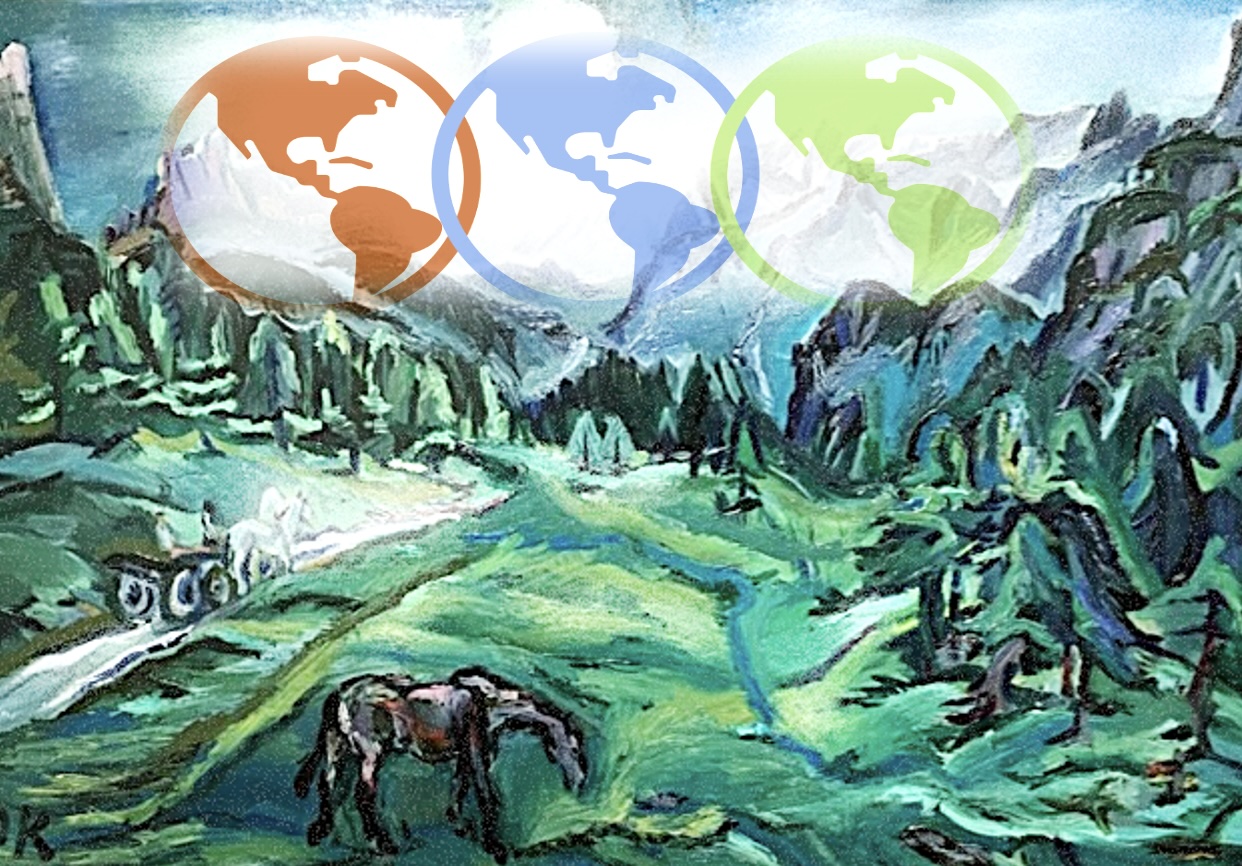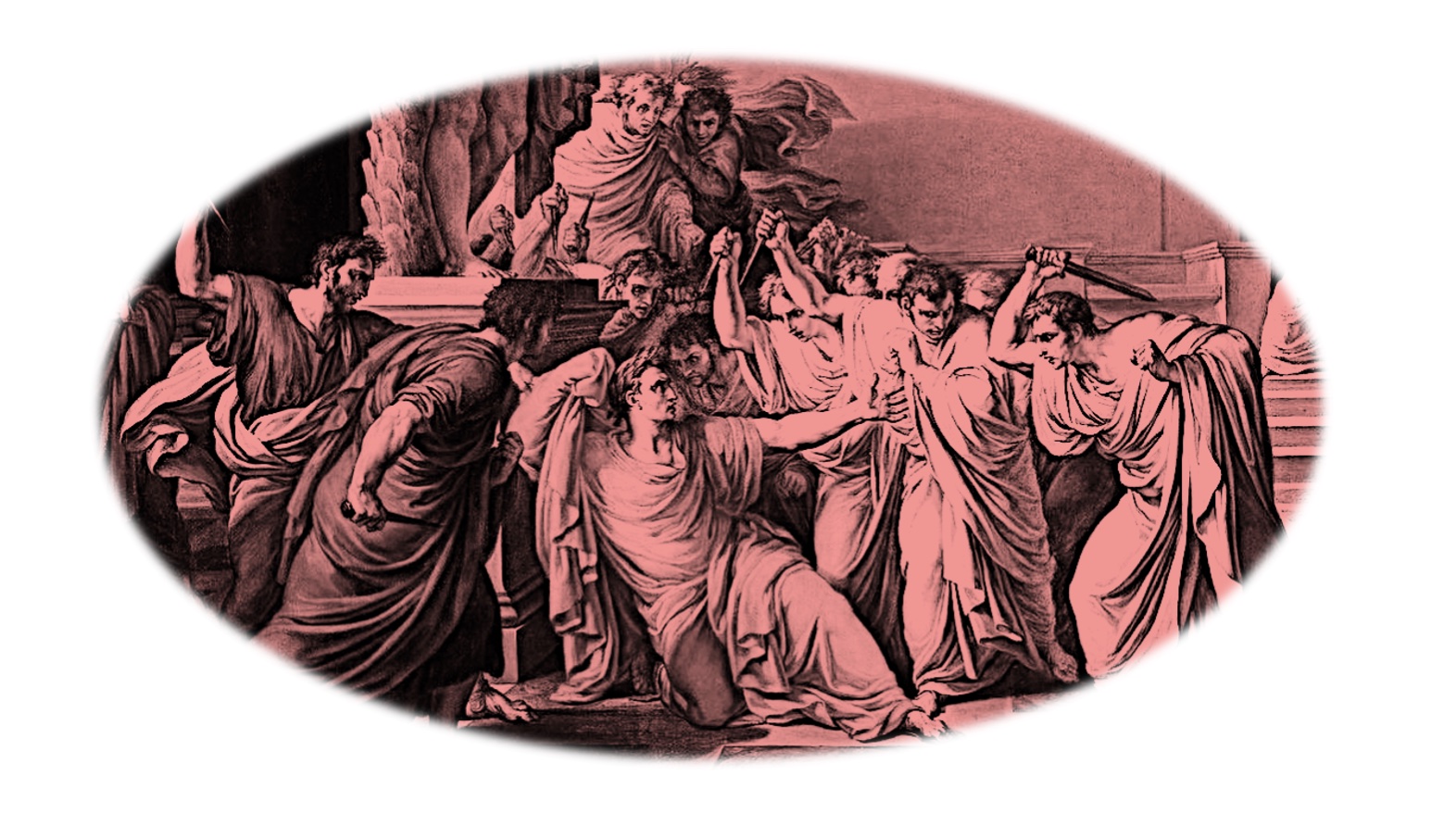Dylan’s best lyrics cause us to think twice and to sit and wonder why
Some wonder whether Bob Dylan deserves a Nobel Prize. Folk music and rock ’n’ roll are not literature. But if art is supposed to change the world, Dylan’s songs are worth more than any novel. He is the voice of the 1960s counterculture. His songs inspired the Byrds, the Grateful Dead and Jimi Hendrix.
Dylan’s art is iconoclastic. In “Maggie’s Farm,” Dylan complained, “I try my best to be just like I am; But everybody wants you to be just like them.”
This may explain Dylan’s public silence about the Nobel Prize. As Dylan once sang, “sometimes the silence can be like thunder.” I appreciate Dylan’s reticence. There is something disheartening about imagining Dylan in a tuxedo, schmoozing the Swedish nobility. What does Stockholm have to do with Woodstock?
This is not the only controversial Nobel Prize. When President Barack Obama won the Peace Prize in 2009, critics complained that he didn’t deserve it. Henry Kissinger’s 1973 Peace Prize and Yassar Arafat’s 1994 Peace Prize were lampooned and criticized.
And so it goes in politics, as in art. Genius lies in the eyes of the beholder. One man’s hero is another man’s knave. Judgments about art and politics involve tastes and preferences. One man’s bread and butter is another woman’s basket of deplorables.
Great artists shape our desires. No one is born savoring Dylan’s gravelly whine. Artistic genius gives us a taste for something we didn’t know we loved.
Great art also provides a consolation and escape. Dylan asked Mr. Tambourine Man to take him on a trip upon a magic swirling ship so he could “forget about today until tomorrow.” But while most pop music is merely escapist, Dylan’s lyrics are also deep, dank and dark. They linger on desolation row where the world is often tangled up and blue. Or, as he sings, “people are crazy and times are strange.”
 Dylan is a master of partial perspectives and disjointed imagery. He channels chaos and dislocation. “Something is happening but you don’t know what it is, Mr. Jones,” he sings. “How many times must a man look up before he can see the sky?” Dylan asks. But the answer is left blowing in the wind.
Dylan is a master of partial perspectives and disjointed imagery. He channels chaos and dislocation. “Something is happening but you don’t know what it is, Mr. Jones,” he sings. “How many times must a man look up before he can see the sky?” Dylan asks. But the answer is left blowing in the wind.
In Dylan’s universe, thieves and hobos hold on, while time moves like a jet plane. They knock on heaven’s door as storm clouds gather. For a moment, they see a light come shining and are released, finding temporary shelter from the storm. But as Dylan warns, “whatever you wish to keep, you better grab it fast.” He intones, “It’s not dark yet, but it’s getting there.”
Dylan’s songs are ironic and often playful. He sang, “There are many here among us who feel that life is but a joke.” The biggest joke is on the masters of war – and maybe also literary snobs – who criticize what they don’t understand.
Dylan’s enigmatic lyrics have literary merit, even if some of his songs are trite (“Lay, Lady, Lay” comes to mind). In some of his best lyrics, he criticizes formal, stuffy art, singing, “Inside the museums, infinity goes up on trial.” He continues, “Mona Lisa must have had the highway blues. You can tell by the way she smiles.” Like Mona Lisa’s smile, Dylan’s best lyrics cause us to think twice and to sit and wonder why.
NOVELISTS USE WRITTEN WORDS. SONGWRITERS ADD MUSIC.
REGARDLESS OF THE GENRE, THE TASK IS TO SHED LIGHT.
Dylan hints that the poet’s task is as a mirror to the world. In “Hard Rain Gonna Fall” he explains, “I’ll tell it and think it and speak it and breathe it; And reflect it from the mountain so all souls can see it.” Artists reflect the wonder and horror of the world.
Novelists use written words. Songwriters add music. Regardless of the genre, the task is to shed light.
But to reflect the world, the artist must stand outside of it. In 1964, as Dylan was starting out, the philosopher Jean-Paul Sartre refused the Nobel Prize. Sartre explained, “The writer must refuse to let himself be transformed into an institution.”
Dylan’s reticence inspires a comparison with Sartre. The world seduces the artist, luring him back to work on Maggie’s Farm. But artists venture off the farm. They lead us on with enigmatic words and pregnant silences, trying to get to heaven before they close the door.
Read more here: http://www.fresnobee.com/living/liv-columns-blogs/andrew-fiala/article109544782.html#storylink=cpy




